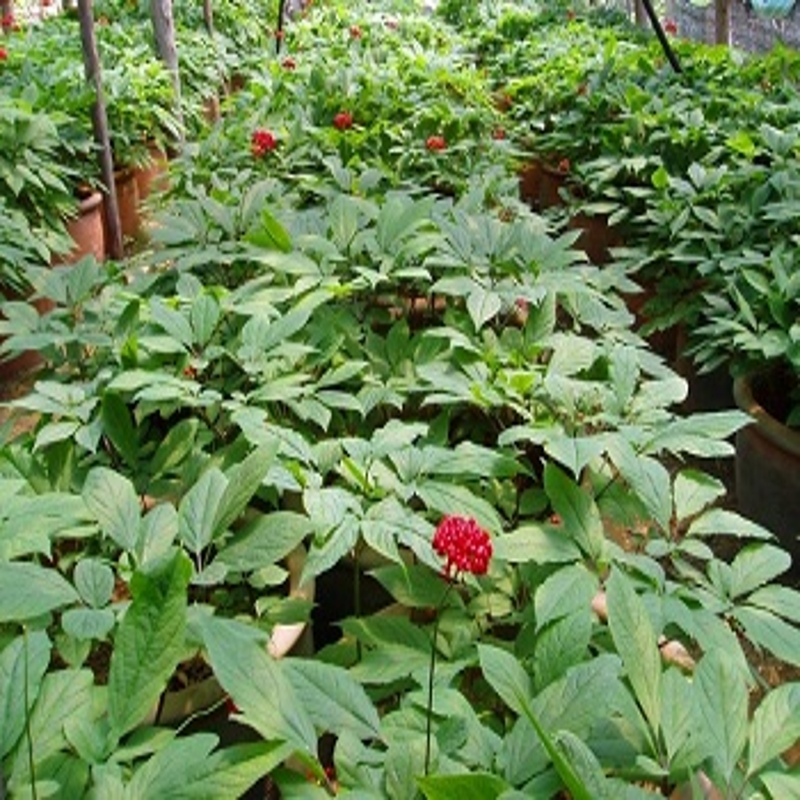All countries strictly control food additives
-
Last Update: 2011-04-29
-
Source: Internet
-
Author: User
Search more information of high quality chemicals, good prices and reliable suppliers, visit
www.echemi.com
In terms of food additive management, foreign countries are very strict in terms of system, supervision and raw material selection USA: additives are used in a very fine way In the United States, food ingredients are also part of food additives, which is the difference between the definition of food additives in the United States and most countries According to American law, FDA (food and Drug Administration) is directly involved in the formulation and management of food additive regulations When an additive is approved for use, FDA will specify "what foods can this additive be added to", "what is the maximum addition amount" and "how to write on the label" And every few years, its safety will be re evaluated and published If studies show that an additive is unsafe, or that people's intake has changed dramatically, FDA will review the additive again EU: food labels must indicate additives The European Union regulates food additives on food labels Food labeling shall not cause consumers to misunderstand the properties of products, and shall stipulate that labeling must list all ingredients in the order of ingredient weight Spices can be labeled as "flavors" or more accurate names (e.g vanillin) and require special indication of GM organic ingredients, packaging gases, sweeteners, aspartame and aspartame and acesulfame mixtures, glycols, cinchona cream and caffeine Japan: natural is not necessarily safe In the process of food processing, in addition to the food additives designated by the Ministry of health, labor and welfare, food production enterprises shall not manufacture, import, sell or use other additives The safety of food additives also needs to pass the food health impact assessment conducted by the food safety committee The specific method is to determine the chemical substances contained in each additive, and get the toxicity test results through animal experiments, based on which to determine the allowable daily intake of people In addition, Japan's food additive safety list is constantly changing Japan's ban also warns that while the trend in the development of food additives is toward natural nutrition, not all natural extracts are safe With further research, more products may be banned in the future.
This article is an English version of an article which is originally in the Chinese language on echemi.com and is provided for information purposes only.
This website makes no representation or warranty of any kind, either expressed or implied, as to the accuracy, completeness ownership or reliability of
the article or any translations thereof. If you have any concerns or complaints relating to the article, please send an email, providing a detailed
description of the concern or complaint, to
service@echemi.com. A staff member will contact you within 5 working days. Once verified, infringing content
will be removed immediately.






